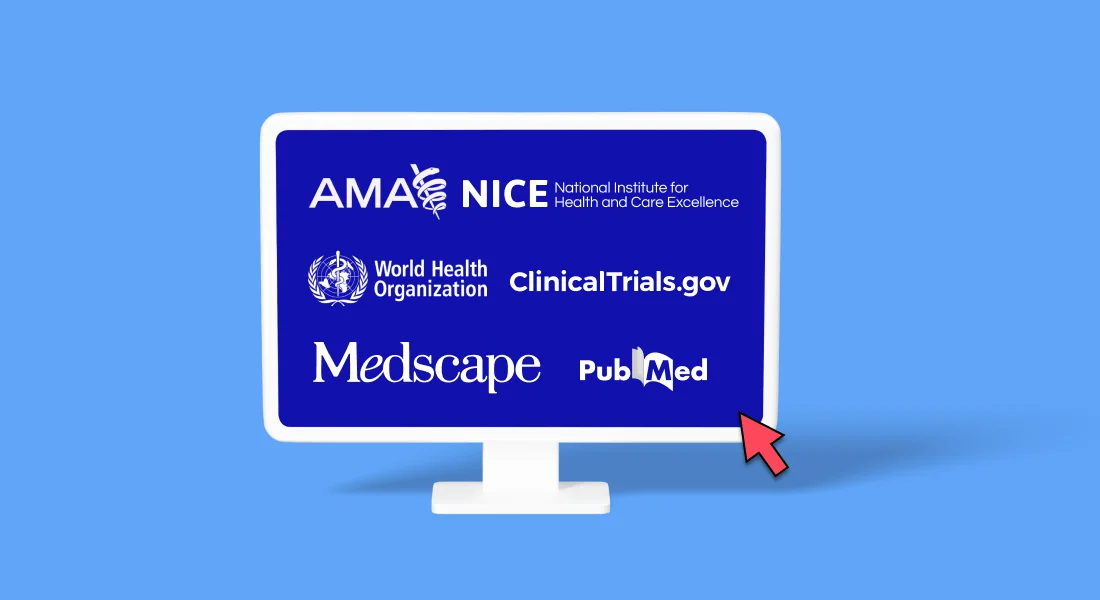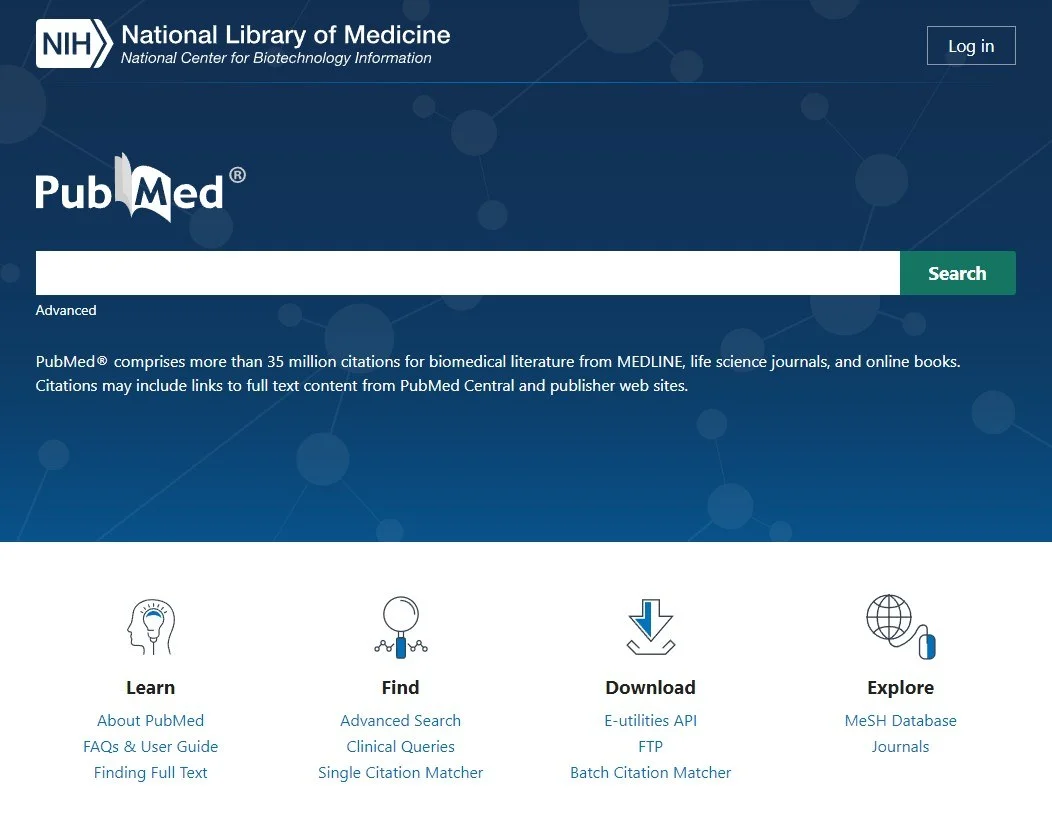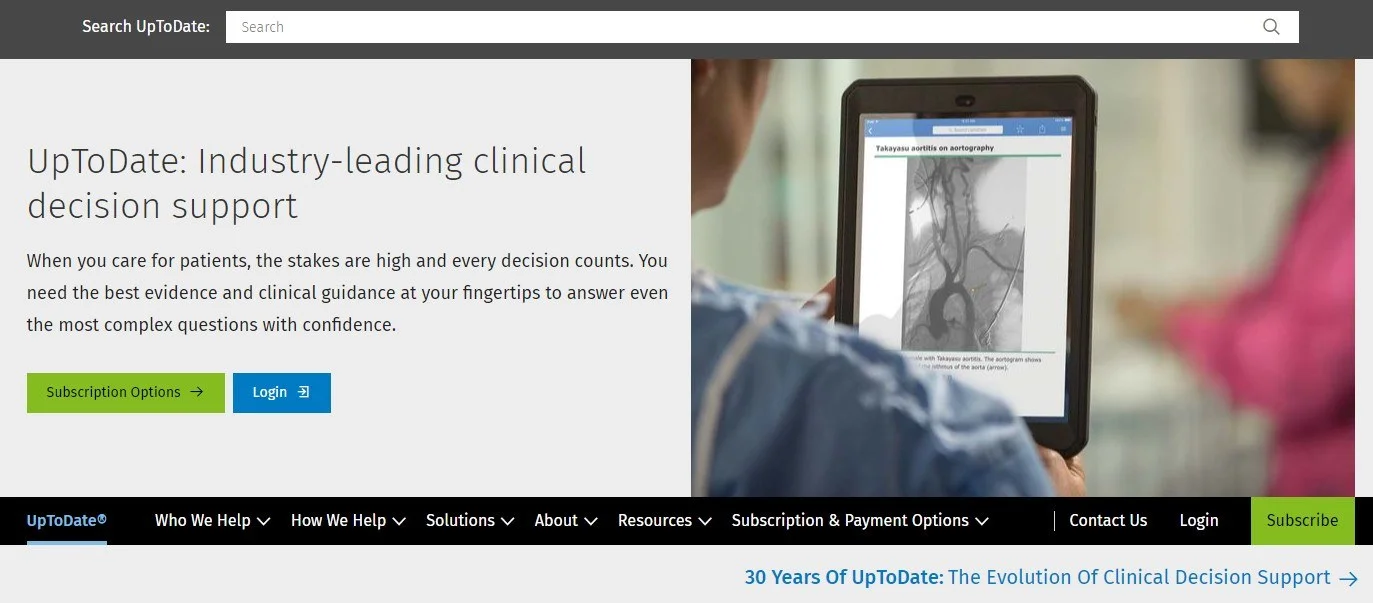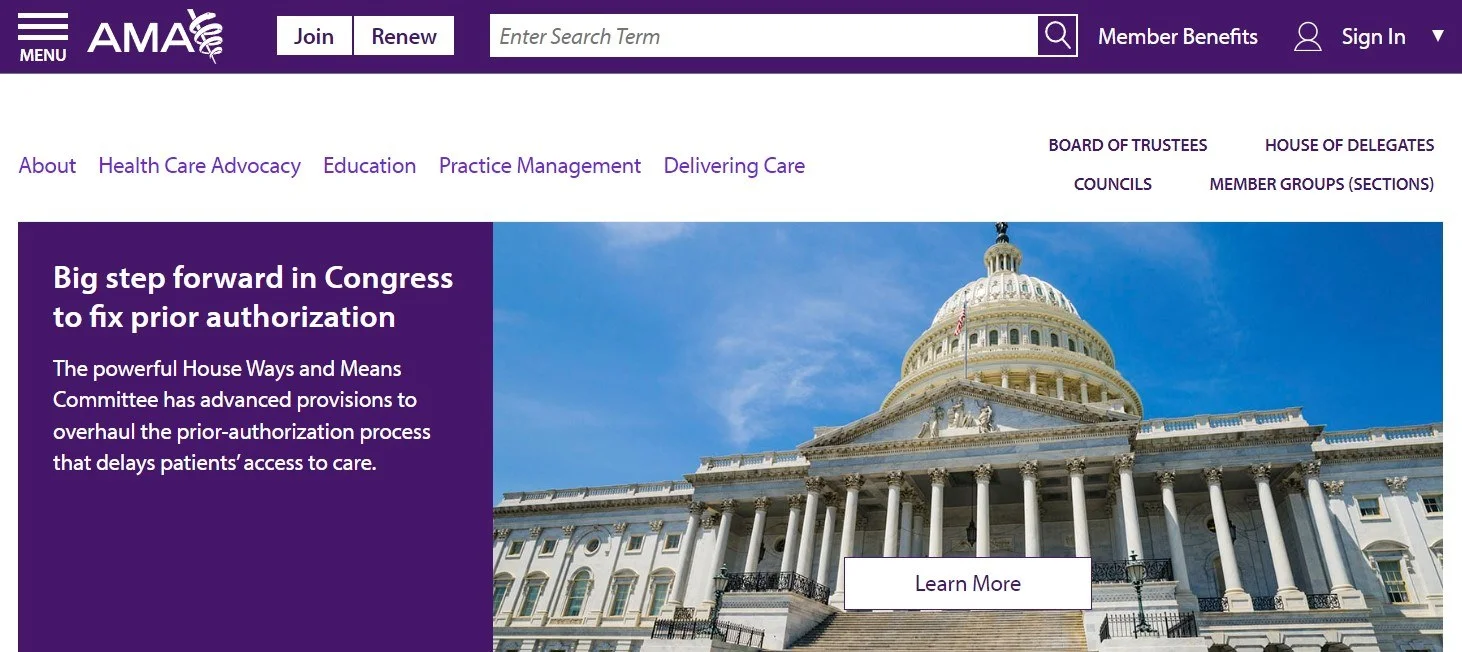Top 9 medical websites doctors should know

As a medical professional, staying informed and connected with the latest advancements in the field is crucial. Doctors(Physicians) often rely on various websites to access medical resources, research articles, clinical guidelines, and educational content.
Doctors should check various medical websites as a valuable and essential tool to enhance their medical knowledge, evidence-based practice, and patient care. Utilizing these online resources can lead to better clinical outcomes, improved patient education, and overall advancement in the field of medicine.
The required healthcare websites for doctors typically fall into the following categories:
1. Medical Journals and Research Databases

Websites that host reputable medical journals and research databases, such as PubMed, JAMA Network, and NEJM (New England Journal of Medicine), provide access to peer-reviewed articles and the latest medical research.
PubMed is a comprehensive database of medical literature and research articles. Doctors visit PubMed to access peer-reviewed publications and stay up-to-date with the latest medical research, clinical trials, and case studies. It is a free search engine that primarily accesses the MEDLINE database of references and abstracts on life sciences and biomedical topics. It’s operated by the U.S.
2. Clinical Decision Support Systems

Clinical decision support systems like UpToDate and DynaMed provide evidence-based information and treatment guidelines to help doctors make informed decisions in patient care.
UpToDate provides evidence-based medical information. Physicians turn to UpToDate for expert-authored articles, drug information, treatment guidelines, and patient education resources. It’s a paid service, but it’s highly respected and widely used in the medical community.
3. Professional Medical Associations

Websites of professional medical associations, such as the American Medical Association (AMA) or the American College of Physicians (ACP), offer valuable resources, advocacy updates, and educational content tailored to specific medical specialties.
4. Government Health Organizations
Websites of government health organizations like the Centers for Disease Control and Prevention (CDC) and the World Health Organization (WHO) provide authoritative information on public health, disease outbreaks, and vaccination guidelines.
The CDC website is a go-to resource for doctors seeking authoritative information on infectious diseases, vaccinations, public health guidelines, and outbreak updates.
5. Medical Education Platforms
Medical education websites like Medscape, NEJM Knowledge+, and QuantiaMD offer CME (Continuing Medical Education) courses and educational content to help doctors stay updated with medical advancements.
Medscape offers the latest medical news and expert perspectives, as well as drug and disease information. It’s also known for its Medscape Consult feature where physicians can discuss challenging cases with colleagues.
6. Academic Medical Centers
Websites of renowned academic medical centers and hospitals often feature research publications, clinical trials, and medical education resources.
7. Clinical Trials Databases
Websites like ClinicalTrials.gov provide information on ongoing clinical trials, allowing doctors to stay informed about potential new treatment options. It provides information about a trial’s purpose, who may participate, locations, and contact details for more information.
8. Drug Information Portals
Websites like the U.S. Food and Drug Administration (FDA) and the European Medicines Agency (EMA) offer information on approved drugs, drug safety, and medication guidelines.
9. Health Technology Assessment (HTA) Organizations
Websites of HTA organizations, such as the National Institute for Health and Care Excellence (NICE), provide evidence-based evaluations of healthcare technologies and interventions.
While the internet is a valuable resource, it is essential to critically evaluate the information found on medical websites to ensure that it is accurate, reliable, and evidence-based. Always cross-check information from multiple reputable sources before incorporating it into clinical practice.

How do you know a lab is reliable?
CLIA sets the standard for lab quality in clinical testing. See why it matters for patient care and diagnostics.
Get exclusive rare disease updates
from 3billion.

Yeonho Kang
Passionate about innovation and problem-solving, leading global growth marketing at a genetic testing provider, making a meaningful impact in rare disease care.







